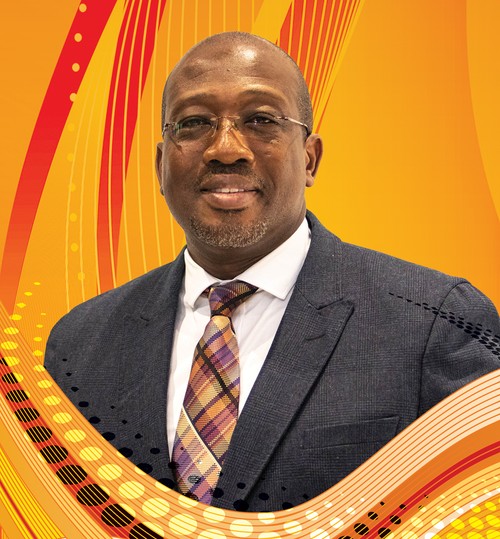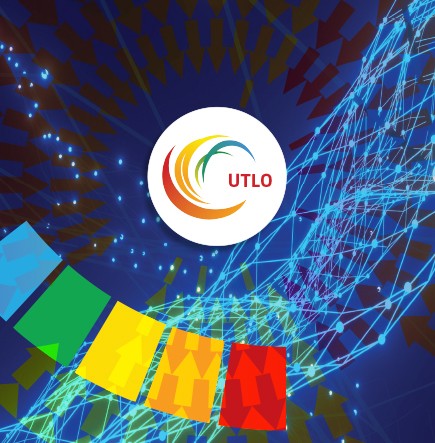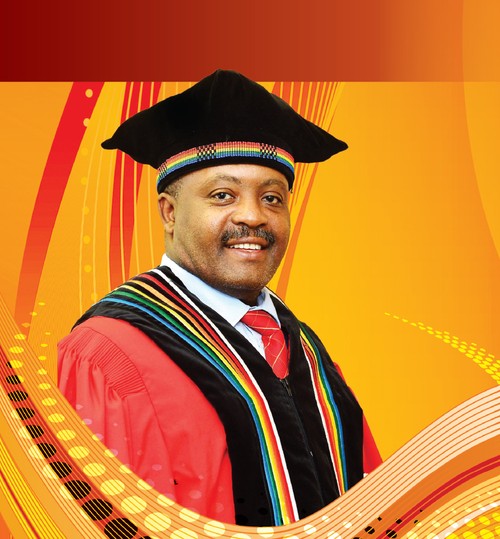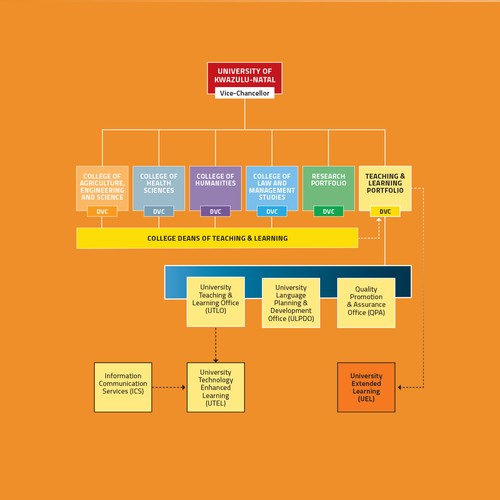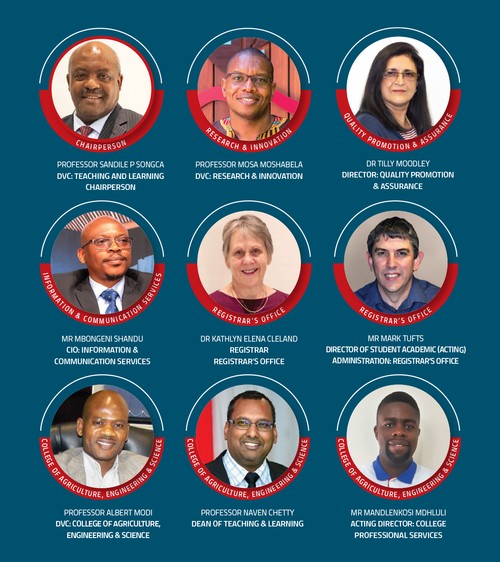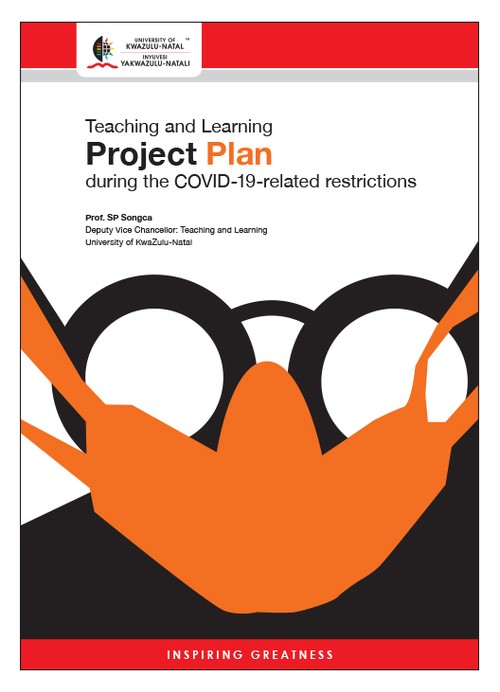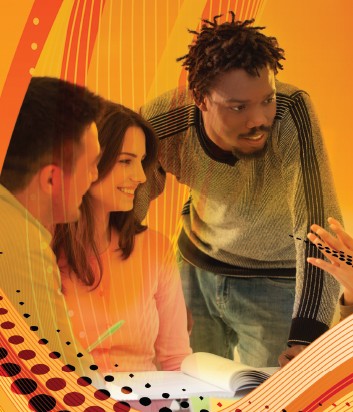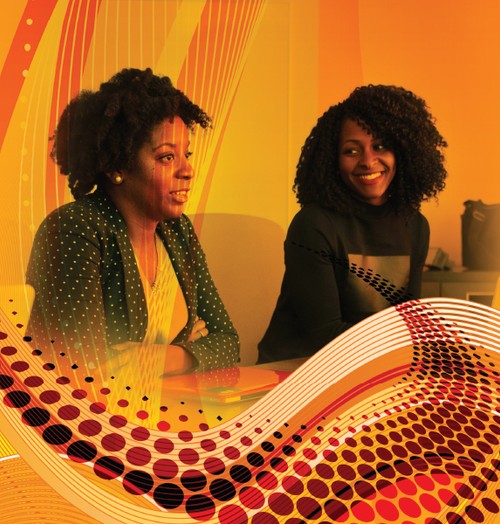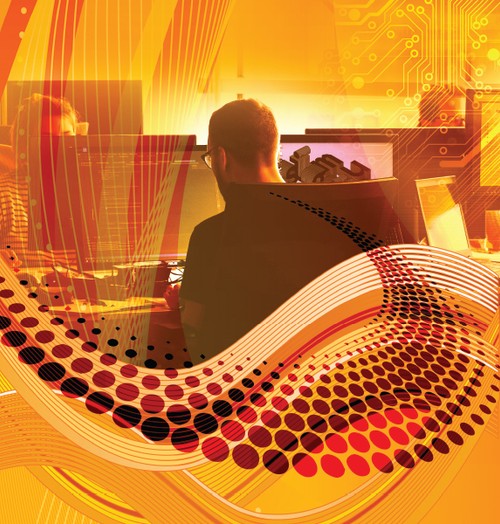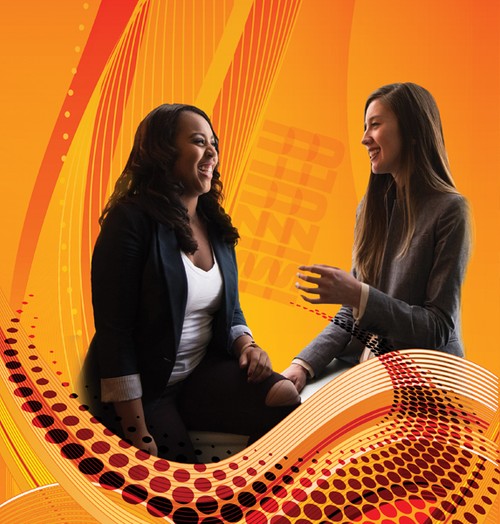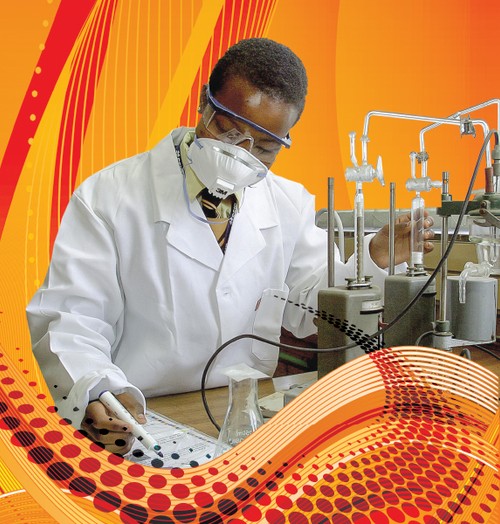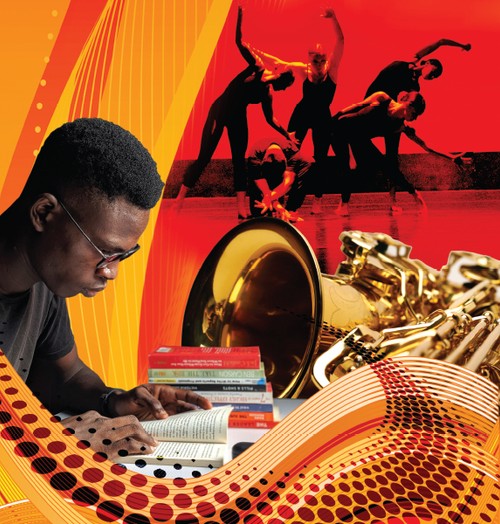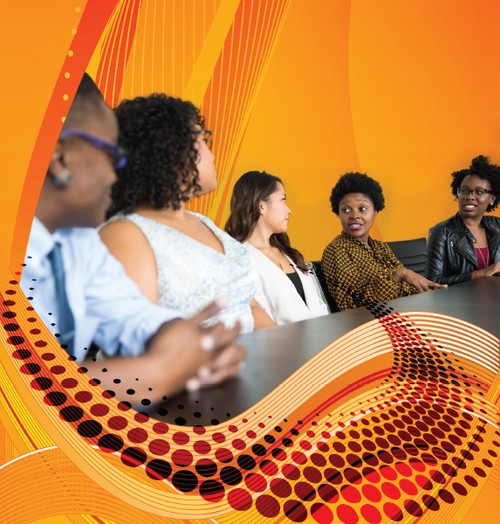The Teaching and Learning Office in the College of Humanities (CHUM) is led by Professor Ruth Hoskins (College Dean of Teaching and Learning), Professor Sarah Gibson (Interim Director of Teaching and Learning) and Dr Sharmla Rama (Interim Head of Academic Monitoring and Support) supported by the School Academic Leaders of Teaching and Learning.
The 2020/2021 School Academic Leaders for Teaching and Learning were: Drs Miranda Young-Jahangeer (Arts), Ruwayda Petrus (Applied Human Sciences), Phindile Shangase and Yashaen Luckan (Built Environment and Development Studies), Samukelisiwe Khumalo (Education), Heidi Matisonn and Federico Settler (Religion, Philosophy and Classics) and Janet Muthuki (Social Sciences). The members of the Teaching and Learning Unit all played a significant role in the development and implementation of the College’s mission to promote “excellence in African-led scholarship through teaching, research and community engagement in a global context” and in realising the University’s strategic goal of “excellence in teaching and learning”.
Teaching and Learning Workshops
Through the office of the Dean of Teaching and Learning, Professor Hoskins, the CHUM held a virtual colloquium on Assessment through Digital Platforms within Higher Education Studies on 24 and 25 August 2021. Professor Labby Ramrathan organised the colloquium with the support of Dr William Dansoh. The presenters were from nine tertiary institutions in South Africa and one from the University of Eswatini. They represented at least 15 diverse disciplines, including Education, Social Sciences, Medical Sciences, Business and Economic Management Sciences, Law, English Literary Studies, Pharmacy and Chemical Engineering. They shared their experiences of and reflections on online remote assessments, with exemplars across formative, summative and integrated assessment strategies. The College hosted a series of public webinars during 2020/2021. The School of Education hosted the Taking Education to The Next Level Online: During and Post-COVID-19 Era webinar, chaired by Professor Simon Bheki Khoza. The School of Applied Human Sciences’ Community Engagement Committee (with UKZN Corporate Relations), led by Professor Lauren Dyll, hosted a webinar on Student Employability Readiness for all exit level students in the School in November 2021.
Criminology and Forensic Studies (with UKZN Corporate Relations) hosted a webinar that engaged with their discipline stakeholder, the Private Security Industry Regulatory Authority (PSiRA).
The School of Education ran training to capacitate staff during the transition to remote teaching and learning during the COVID-19 pandemic. Teaching and Learning Academic Leaders and online champions (experts) from each cluster organised school-wide and discipline level training. The following are examples of the training provided: Introduction to Learn-2021, Zoom, Grammarly software, assignments and quizzes without mathematical equations, assignments and quizzes with mathematical equations, Kaltura software, Microsoft teams and Zoom, and Google forms. Dr Qiana Gray from the School of Education ran Zoom training for colleagues on topics such as: What is Online Teaching Pedagogies, Teaching is Still Teaching in an Online Environment, Discussion and Time Management, Understanding Purpose - Encouraging Student Engagement, and Plagiarism.
Curriculum Development
The CHE’s HEQC granted accreditation to the Advanced Diploma in Technical and Vocational Teaching (NQF Level 7, 120 credits).
The new Bachelor of Arts in Music degree was developed to meet the changing needs of music students in conjunction with the phasing out of the diplomas in music. The new degree replaced the BA Music and Drama degree and the BMus degree in 2021.
Language Transformation
The College provided strategic support across the University to achieve the objective of developing African languages, in this case, isiZulu, for the purposes of academic and scientific discourse. The availability of technical and scientific vocabulary in isiZulu will go a long way in furthering the University’s efforts to provide epistemological access to our students, the vast majority of whom are drawn from lower quantile schools (Quintiles 1 – 3). Many modules offered across the College now offer course outlines that have been translated into isiZulu, and many are developing innovations in bilingual teaching and assessment.
Bilingual Education Tutorial Project
The Bilingual Education Tutorial Training is a project in Bilingual Education for tutors that facilitate tutorials in all UKZN’s Schools. It is designed to meet the needs of the large number of students who are native speakers of isiZulu, as per the University’s policy. In 2020/2021, the Bilingual Tutoring Programme training team consisted of Professor T Buthelezi (Project Team Leader), Dr T Hlongwa (Project Coordinator), and Dr P Gumbi (Project Administrator). Training was provided to:
- Music
- Psychology
- Health Sciences
- Education
- Computer Sciences
Community Engagement
Academics in the College engaged in series of community engagement projects and initiatives in 2020/21. Notable work included:

Above: Dr Maserole Kgari-Masondo of the School of Social Sciences was tasked to construct a framework for the decolonisation of the curriculum
Dr Maserole Kgari-Masondo of the School of Social Sciences was commissioned by the South African Department of Basic Education (DBE) and the United Nations Children’s Fund (UNICEF) to prepare a discussion paper to guide the department on decolonising basic education in South Africa. Kgari-Masondo was tasked to construct a framework for the decolonisation of the curriculum, which will inform the process of reviewing the curriculum by incorporating content that aligns with the decolonisation of the education agenda in the Basic Education sector.
The NORHED Project (led by Professor Teer-Tomaselli) – Centre for Culture and Media Studies (CCMS), in partnership with the Uganda Christian University (UCU), University of Rwanda (UR) and Gimlekollen NLA College (Norway) was awarded funding by the Norwegian Programme for Capacity Development in Higher Education and Research for Development (NORHED). The funded programme is Preparing Media Practitioners for a Resilient Media in Eastern Africa.
Dr Sibonsile Zibane from Social Work is the Principal Investigator in a three-country collaboration with Complutense University of Madrid and National Autonomous University of Mexico. The project is Mapping Social Work Education in Higher Education during COVID-19.
Dr Heidi Matisonn from the School of Religion, Philosophy and Classics is the Principal Investigator for the Enhancing Bioethics Education and Training for Bachelor of Nursing Students at UKZN project funded by a 2021 UCDP Teaching Innovation and Quality Enhancement Grant (TIQEG) grant.
Professor Lauren Dyll from CCMS worked with the UKZN Foundation to secure bursaries from external stakeholders to alleviate the burden of historical debt for CCMS students including East Coast Radio (R250 000) and Netflix (R163 000).
Ms Mkhabela, a PhD student in the School of Education, was awarded a mobility grant to travel to the Siedlce University of Natural Sciences and Humanities in Poland.
The Centre for Visual Arts is collaborating with the Tatham Art Gallery, the municipal art gallery in Msunduzi (Pietermaritzburg). This includes using the gallery as a teaching resource for student projects, as well as participating in the workshops offered and exhibitions on show.
The Centre for the Creative Arts (CCA) on the Howard College Campus continued to excel under the leadership of Director Mr Ismail Mohamed. Despite the challenges presented by COVID-19 restrictions, festivals, both online and opening up according to national regulations, continued. These included the Time of the Writer Festival, the JOMBA! Dance Festival, Durban International Film Festival (DIFF) and Poetry Africa, amongst many other initiatives.
Academic Monitoring and Support Programmes
With the shift to remote teaching and learning in 2020, the College continued to run its AMS programmes on online platforms. Dr Sharmla Rama was appointed the (Interim) Head of Academic Monitoring and Support in 2021. The Writing Place, Peer Mentorship Programme, the BSS4 Foundation Programme, and consultations with ADOs were all offered remotely via online platforms including Moodle, Zoom, and WhatsApp.
The Writing Place
The WP is an academic support service within the CHUM’s Teaching and Learning Unit that is tasked with improving students’ academic writing and critical thinking skills through an emphasis on essay/ assignment structure and understanding academic concepts. While the WP is for Humanities students, students from other Colleges also receive assistance. The primary function of the WP is to provide one-on-one academic writing tutoring for Humanities students at WP Drop-in Centres. In 2020/2021, the WP’s individual consultations and voluntary workshops were all offered remotely via online platforms. Apart from one-on-one sessions, the WP offers a voluntary academic writing workshop series. Students are guided through a series of weekly 45-minute interactive sessions designed to assist with understanding essay questions, planning the essay structure, constructing coherent arguments and referencing techniques. The workshops would not have been possible without the collaboration of the WP Unit and the College ADOs who market them to students in their respective Schools, enabling the WP to reach many students. The workshops are also advertised on the University website (notices page), Facebook WP page and posters around campuses. They are divided into three series, with the first aimed at developing topics and proposals, the second on thesis development (writing), focusing on the literature review and methodology sections and the third series on data analysis (qualitative and quantitative).
Peer Mentorship Programme
The Peer Mentorship Programme is offered to all first-year students across the College to strengthen and sustain them in their educational goals and to make university an exciting, fulfilling, and successful experience. During 2020/2021, it continued to be offered remotely via online platforms such as Zoom and WhatsApp.
Academic Development Officers
Since 2019, ADOs have been appointed to offer support across all programmes in the College. Whilst they historically held regular face-to-face meetings with students to offer academic counselling and curriculum advice, following the COVID-19 restrictions, these consultations are offered remotely, mainly via email, WhatsApp or Zoom. Generic email addresses have been set-up for all ADOs working in the College (by School and campus). The ADOs were also instrumental in identifying students with psychosocial issues who needed to be invited back to campus (when restrictions allowed) or to be referred to SSS.
Foundation Programme (BSS4 and BMUS4)
While the COVID-19 pandemic severely affected Higher Education in general and teaching and learning, the Access Programme was most affected due to its nature and the characteristics of the students it targets. In 2020/2021, academic and professional staff continued to develop new teaching and learning strategies to make it easier for students to study. Remote learning was not easy for students from disadvantaged backgrounds who required psychosocial and academic support from the programme to succeed. The principle of ‘no one should be left behind’ and ‘Stay on Green’ was continued. Despite challenges such as students’ access to online materials, late distribution of data and laptops to students, network challenges in areas were students are located, communication breakdown between students, lecturers and tutors, and obtaining permits for those who were eligible to return to campus, the academic and professional staff, and students were able to overcome the odds and 2021 was a successful year.
This is explained by multiple factors. The main drivers of success were the academic staff who were encouraged to participate in all the trainings and workshops organised by the CHUM’s Teaching and Learning Office to equip staff members to conduct remote teaching and learning. They received all the necessary equipment and teaching tools that made it easier for them to interact with students remotely and to respond to all their academic challenges. The majority of students were positive and willing to collaborate with academic and professional staff, and quickly adapted to the new pedagogical strategies of teaching and learning remotely, and the use of social networks and platforms such as Zoom, Facebook, and WhatsApp.
Extended First-Year Orientation Programme
In 2021 the CHUM ran an Extended First-Year Orientation programme funded by the UCDP in conjunction with AMS. The content included basic computer literacy skills: using digital technologies as a UKZN Student and the Welcome-Siyanamukela: first-year online library training.
Awards and Achievements

Above: Dr Nokuthula Cele
Dr Nokuthula Cele of the School of Social Sciences was honoured for excellence in teaching and learning support during the annual Culture Cluster (College of Humanities) awards, which were initiated by Dr Maserole Kgari-Masondo (Cluster Leader: Culture (Anthropology and Tourism)).

Dr Thembelihle Makhanya won the runner-up award for the best emerging social work educator
Dr Thembelihle Makhanya from the School of Applied Human Sciences received an award from the Association of South African Social Work Education Institutions (ASASWEI). Makhanya won the runner-up award for the best emerging social work educator. The prize-giving ceremony was held in Richards Bay as part of the ASASWEI 2021 conference.
Professors Donal McCracken and Sarah Gibson from CCMS in the School of Applied Human Sciences were appointed judges of the Global Undergraduate Awards programme. Professor McCracken serves on the History panel, whilst Professor Gibson serves on the Social Science: Anthropology and Cultural Studies panel. This is the world’s largest global undergraduate academic awards programme that recognises undergraduate excellence in research.
Scholarship of Teaching and Learning
Curations
Professor Lauren Dyll (CCMS) curated a selection of 20 previously published Critical Arts articles written by UKZN Scholars (2015-2021) that is now available online as a Taylor and Francis CA collection. As Collection Editor she thematised the collection as Revisiting Curriculum Transformation and the Decolonisation Debate: Perspectives from University of KwaZulu-Natal Scholars.
Publications
Amin, N. & R. Dhunpath (eds.) 2020. (Re)Learning to Teach in the Context of Crises. Durban: CSSALL Publishers. Arbuckle, K. (2020) Between a Formalist Rock and a Contextually Hard Place: The Gaps and Tensions Challenging Visual Arts Curricula in South African Higher Education, Critical Arts, 34:5, 139-152.
Blignaut, S.; Pheiffer, G.; Le Grange, L.; Maistry, S.; Ramrathan, L.; Simmonds, S., & Visser, A. (2021) Engendering a Sense of Belonging to Support Student Well-Being during COVID-19: A Focus on Sustainable Development Goals 3 and 4. Sustainability, 13, 12944.
Hlatshwayo, M. N., Khumalo, S. D., & Nzimande, N. (2021). The pandemic is our portal: Re-imagining teaching and learning in the time of Covid-19. African Perspectives of Research in Teaching and Learning, 5, 59-77. Khumalo, S; Singh-Pillay, A.& Subrayen, R. Reflections on Differently Abled Students’ Challenges with Online Learning amidst the COVID-19 Pandemic and Lockdown. In Smit, J.A., N. Mkhize, N. Ndimande-Hlongwa & L. Ramrathan (eds.), Learner and Subject at the Dawn of Research-Led Teaching and Learning in the Time of COVID-19 (pp. 188 - 208). Durban: CSSALL Publishers
Le Grange, L; du Preez, P; Ramrathan, L., & Blignaut, S. (2020) Decolonising the university curriculum or decolonial washing? A multiple case study. Journal of Education. Issue 80, p 25-48.
Manik, S., & Ramrathan, L. (2021). Institutional Leadership Efforts Driving Student Retention and Success: A Case Study of the University of KwaZulu-Natal, South Africa. In Student Retention and Success in Higher Education (pp. 109-131). Palgrave Macmillan.
Manik, S. (ed.) 2020. From High-Risk Sports to Sports as High Risk: Crisis, Capitulation and Creativity during COVID-19. Durban: CSSALL Publishers.
Merisi, P., & Pillay, A. (2020) Emergency Remote Teaching in Higher Education: How Academics Identify the Educational Possibilities. In Ndimande-Hlongwa, N., L. Ramrathan, N. Mkhize & J.A. Smit (eds.) Technology-based Teaching and Learning in Higher Education during the Time of COVID-19. Durban: CSSALL Publishers.
Mkhize, J. S., & Ramrathan, L. (2021). Cultural Signals in Understanding First-year Student Engagement: How can universities become more culturally sensitive? The case of a rural South African university. South African Journal of Higher Education, 35(3), 107-125.
Mkhize, N., N. Ndimande-Hlongwa, L. Ramrathan & J.A. Smit (eds.) (2020) Teaching and Learning in Higher Education in the Time of COVID-19. Durban: CSSALL Publishers.
Ndimande-Hlongwa, N., L. Ramrathan, N. Mkhize & J.A. Smit (eds.) (2020) Technology-based Teaching and Learning in Higher Education during the Time of COVID-19. Durban: CSSALL Publishers.
Pillay, A., Khosa, M., Campbell, B., Nyika, N., & Sheik, A. (2021). African female university students’ experiences of online education at home during the COVID-19 pandemic. Journal of Education (84), 31-47. Pillay, A., Khosa, M., Sheik, A., Campbell, B., Mthembu, B., & Nyika, N. (2021). How home contexts of South African University students shape their experiences of emergency remote teaching and learning. Student Success, 12(3), 37-47.
Pillay, A., Campbell, B., Sheik, A., Khosa, M., & Nyika, N. (2022). South African Pre-Service Teachers’ Experiences of Remote Online Learning When Studying a Novel in the Context of the COVID-19 Pandemic. The Teacher Educator, 57(1), 7-25.
Ramrathan, L., N. Ndimande-Hlongwa, N. Mkhize & J.A. Smit (eds.) (2020) Re-thinking the Humanities Curriculum in the Time of COVID-19. Durban: CSSALL Publishers.
Ramrathan, R. (2020). What Knowledge is Most Worthwhile in Crisis Conditions? Re-engineering our Curriculum in the Context of Covid-19. In Re-thinking the Humanities Curriculum in the Time of COVID-19. Labby Ramrathan, Nobuhle Ndimande-Hlongwa Nhlanhla Mkhize and Johannes A. Smit (eds). CSSALL Publishers (Pty) Ltd. P 7-21
Smit, J.A. Mkhize, N. Ndimande-Hlongwa, N. & Ramrathan, L. (eds.) (2020) Learner and Subject at the Dawn of Digital Research-Led Teaching and Learning in the Time of COVID-19. Durban: CSSALL Publishers.
